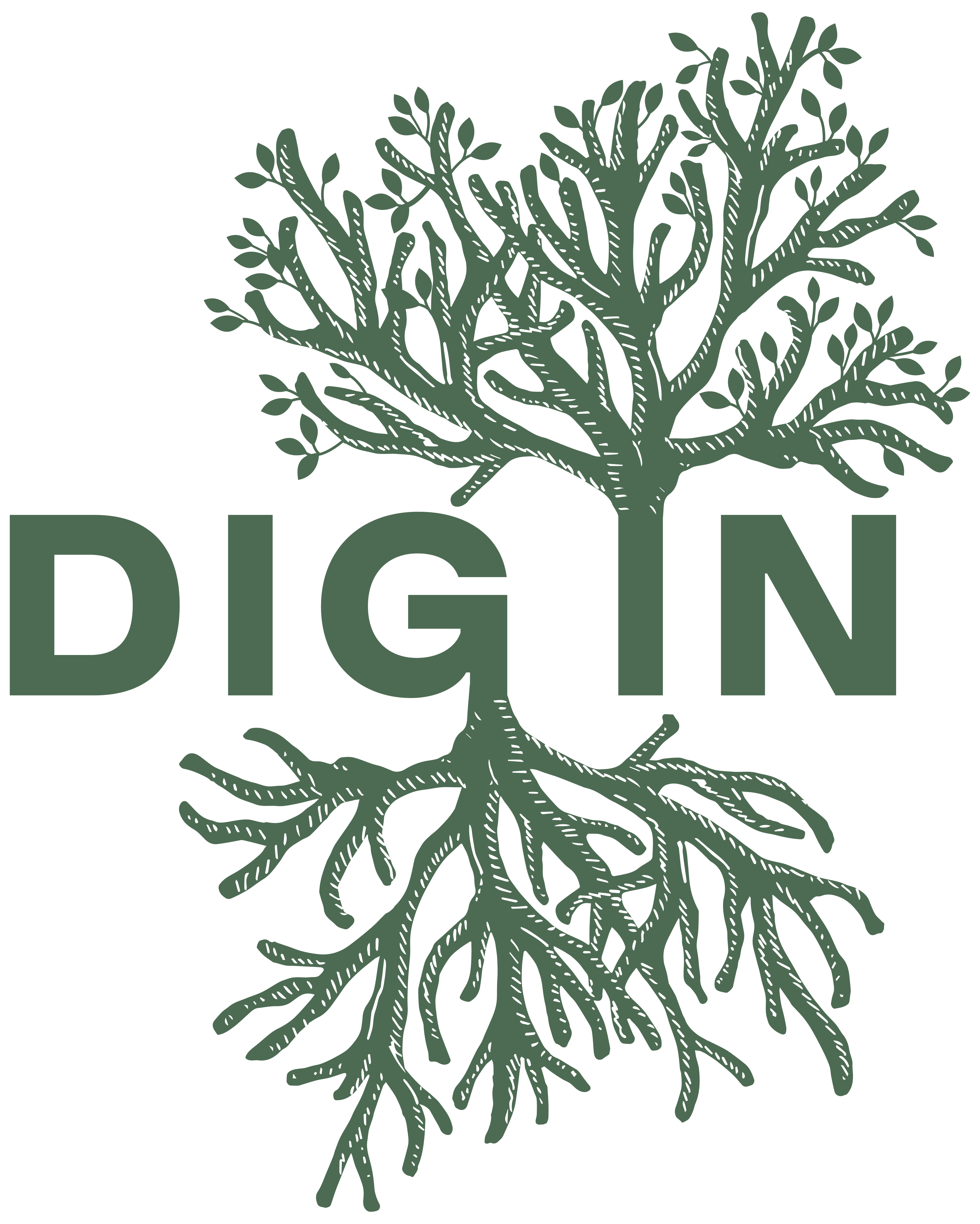Perhaps we’ve all heard hope defined in contrast to optimism-as the perspective that everything will turn out well-as the ability to have faith and find possibility in challenging times.
This year, I’ve experienced and written about the nature of resilience and how to sit with and move on from loss. Hope underlies both and is a key ingredient for practicing gratitude and in framing the vision of the world we hold as individuals or collectively. It has incredible power for boosting confidence, building relationships, and is a key determinant of academic and professional success.
Hope is what gets me up in the morning, despite news from the night before. Hope is what allows me to keep working on solutions to conflicts I might encounter, or those I work with are grappling with. Hope is what inspires me to strive for connection, understand others, keep learning about myself and the world.

Hope is much like water: it is an essential condition for life, or should be. The absence of hope creates a contraction in thinking and feeling and results in actions that hurt others rather than elevate them…and ourselves in the process.
In his ethnography Hope Dies Last, Studs Terkel shares the stories of dozens of people who have been involved in social change-what brought them to that work, and what gives them the strength to continue on. To a person, they testify to the challenges they faced and the inner strength (which I would define as hope) they were able to find, along with a supportive community which encouraged their deeper involvement in their workplace, community, or movement.
We have a profound need to find that strength–now more than ever–in ourselves and in our communities and our country. We will no doubt experience defeats in our lives and in our work, see the people and places we care about suffer, but each of us has an inner reserve of hope which we can cultivate: on our own and with the support of others.
Wherever we might face challenges, hope is a first and best response. In that spirit, I have great hope that the new year brings opportunity for all to craft the lives we would like to lead, and to offer support to others in doing so.
It is not possible to know what’s possible.
And because this is true, we are free.
We are free to act assuming that our actions–no matter how small–could trigger the tipping point and set off tectonic shifts of consciousness and creativity.
In this spirit of bold humility, I ask us to pay attention.
To consciously let go of defeating and false messages that tell us it’s all over, or that there’s no place for us in this great human drama.
We can’t judge our chances of success, but we can acknowledge the richness of our actions–a richness that’s been rendered invisible, but that we can make visible, so that its ripples radiate.
Most of all, we must realize that not one of us is alone as we set out on the exhilarating experience of democracy-this satisfying and very human walk that requires only that we go on risking belief in ourselves.
Frances Moore Lappé


